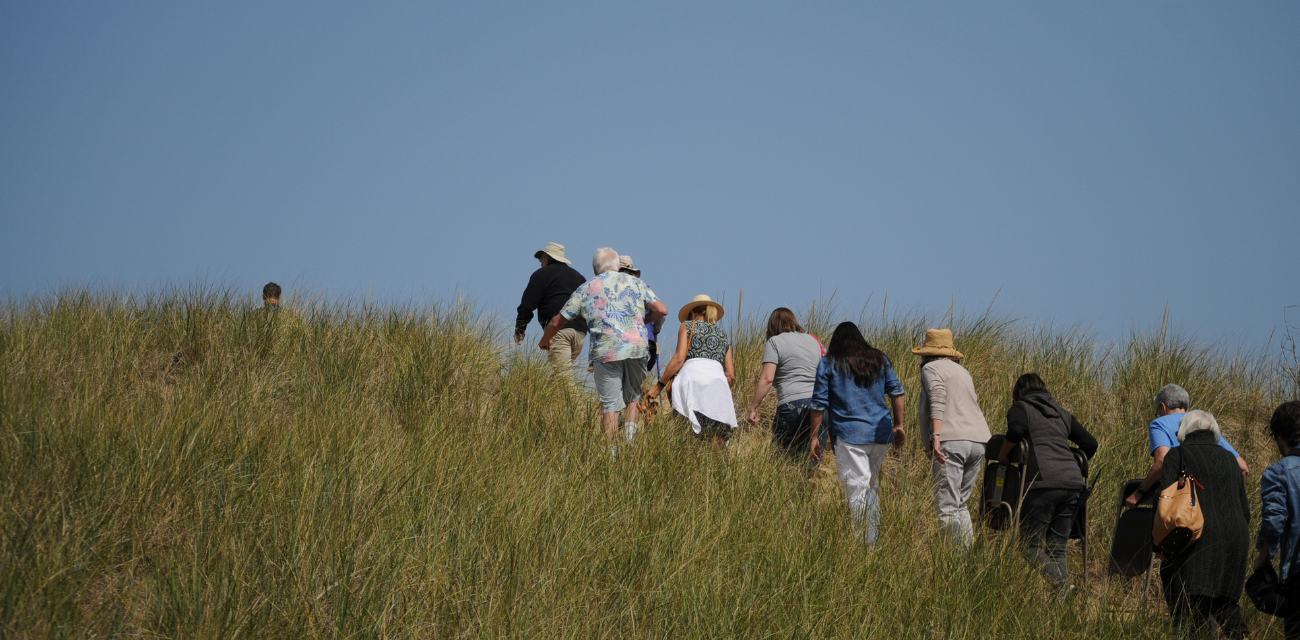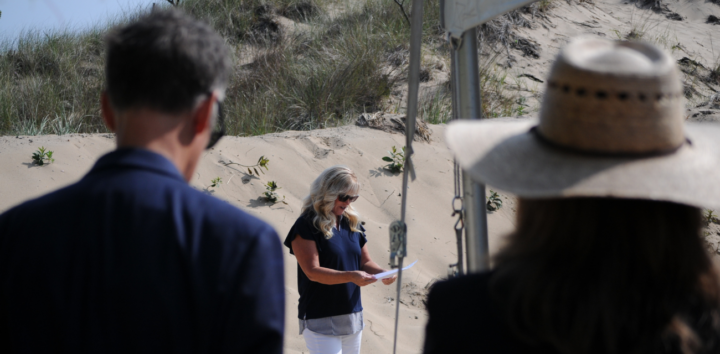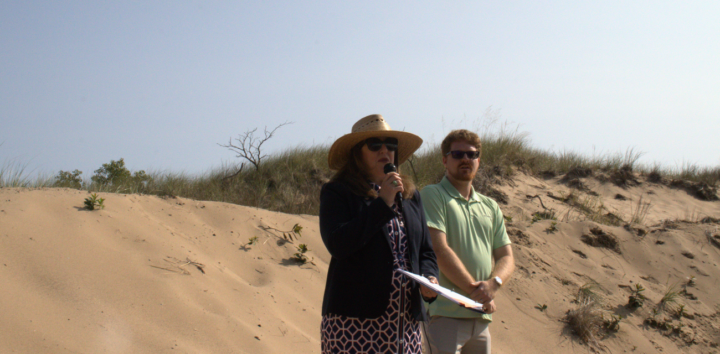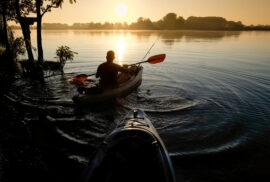Dunes are beloved. New legislation will bring that love into law

Authored by
Westside reps have a plan to help dunes and their nearby communities thrive
In November 2020, just before election results trickled in, a national community advocacy organization called Strong Towns wrote an article with a boldly compassionate declaration: We don’t live in a world of cartoon villains.
Strong Towns knows this because its mission is to help local governments and the folks they serve create communities everyone can thrive in. To do that, people need to come together and care for one another, even those of disparate beliefs and backgrounds.
When someone shows apathy or does something that harms others, it’s rarely because some people are rotten to the core. The reality is that we all have empathetic blind spots and honest ignorance when it comes to the effects of some of our actions.
Unlike cartoon villains we can right the ship if given a chance to grow. We can change.
This Strong Towns scenario is playing out with our state’s dunes laws. Policies in place make destructive development on our dunes easier. It’s caused pain and loss. People are understandably angry. We are, too.
But two lawmakers are trying to change Michigan’s actions. They’re proposing a system where everyone who loves our dunes—coastline residents, tourists, local governments, even the people that want to develop on them—can better come together to help the dunes and the communities nearby thrive.

Murky waters
What makes Michigan’s current dunes laws so frustrating is that they run counter to how we feel and what the science shows.
Our freshwater dunes are the largest collection of their kind in the world. They’re a globally rare ecosystem, and about 25% of our 170,000 acres of dunes are especially fragile and unique. We call this subset ‘critical dunes.’
Studies have shown that Michiganders love their dunes. They want to both enjoy them and protect them. Michigan law, though, does not allow us to do either very well.
Take sand mining, for instance. Michigan law bans sand mining on critical dunes if the sand excavated will be used for commercial or industrial purposes. For residential purposes, though? It’s tough to say. Michigan law defines mining based on what excavated sand is used for, and it’s murky when it comes to using mined sand for things like ponds and homes. A mine may look like a mine and act like a mine, but it may not be a mine under Michigan law.
Confusing? Local governments, state governments and even mining companies think so, too. Even though the law was created to protect critical dunes, its vagueness around what constitutes a mine makes it tough for governments to deny a mine or require more environmental standards.
Or take Michigan’s laws around other sorts of development on critical dunes, like shoreline stabilization, homes, marinas, strip malls and even septic tanks.
Michigan law automatically greenlights certain forms of development on critical dunes, like driveways. It’s also on governments to prove to developers why their proposed project is dangerous for a dune, rather than a developer proving to the government why their proposed project is environmentally sound. Like Michigan mining laws, pressure is placed on local governments to make a sound call but little guidance is given as to what a sound call is, leading to some precarious legal situations.
Developers of mines, subdivisions and parking lots don’t hate dunes. At least, we can’t possibly fathom this. There’s a reason why people want to live, work and play near the dunes. They love them, and developers are responding to that. It’s Michigan’s vague laws that are allowing approval for projects that are unsafe for our fragile ecosystems and put people and their investments at risk.
That’s good for neither development nor ecosystems.
Dunes are dynamic. They move, and so does the often endangered flora and fauna that live within them. This movement is controlled by the waters and wind on one side of the dunes and the forests, wetlands and grasses on the other.
Cut down trees, drain a wetland or pave over sand, and the dunes and its wildlife become fragmented. That leads dunes to do unnatural things. With less tree coverage, sands might blow away or swallow up buildings. Lake water might move in and flood basements and habitats. With too much development, dunes can become locked into place and slowly swallowed by grasses. In the worst case scenarios, dunes—from sands to vegetation—die.

Crystal clear guidelines
If the world isn’t made up of cartoon villains, but our laws have had sinister consequences, what can we do?
Do as Strong Towns suggests: Bring people back together.
That is, in effect, what the legislation of Michigan Representatives Joey Andrews (D-St. Joseph) and Rachel Hood (D-Grand Rapids) do.
Rep. Andrews’ bill would clarify that mining on critical dunes done for any use—industrial, commercial, residential—is, in fact, mining.
Rep. Hood’s bill would place the burden of proof back on developers to show why their proposed developments on critical dunes are safe and sound for people, communities and dune ecosystems. It would create a clear permitting process for local and state governments and better fund that process through fees.
Both bills would also expand the ability for the public to get involved when a development is proposed through public meetings and accessible documentation.
Reps. Andrews’ and Hood’s legislation is grounded in bureaucratic processes and legal definitions. But the effect of these seemingly banal changes is that they allow people to more easily come together and start smart development not from a place of murkiness or precariousness but of clarity.
If the legislators’ bills become law, all stakeholders—the public, the developers and the governments—will know what’s allowed and what’s not as they work toward accepting a permit for a project, denying it or accepting it with stricter environmental conditions. The process will be more transparent to everyone, and everyone will have more opportunities to make their voices heard.
Our most fragile, unique dunes will benefit by not being dozed, dug up, fragmented or paved over by dangerous development. Buildings and mining operations will benefit by not being battered by the natural elements they sought to build over. And the communities nearby will benefit by growing up and out while still protecting the places that are so beloved and valued.
Discover
Power environmental change today.
Your gift to the Michigan Environmental Council is a powerful investment in the air we breathe, our water and the places we love.
Sign up for environmental news & stories.
"*" indicates required fields




